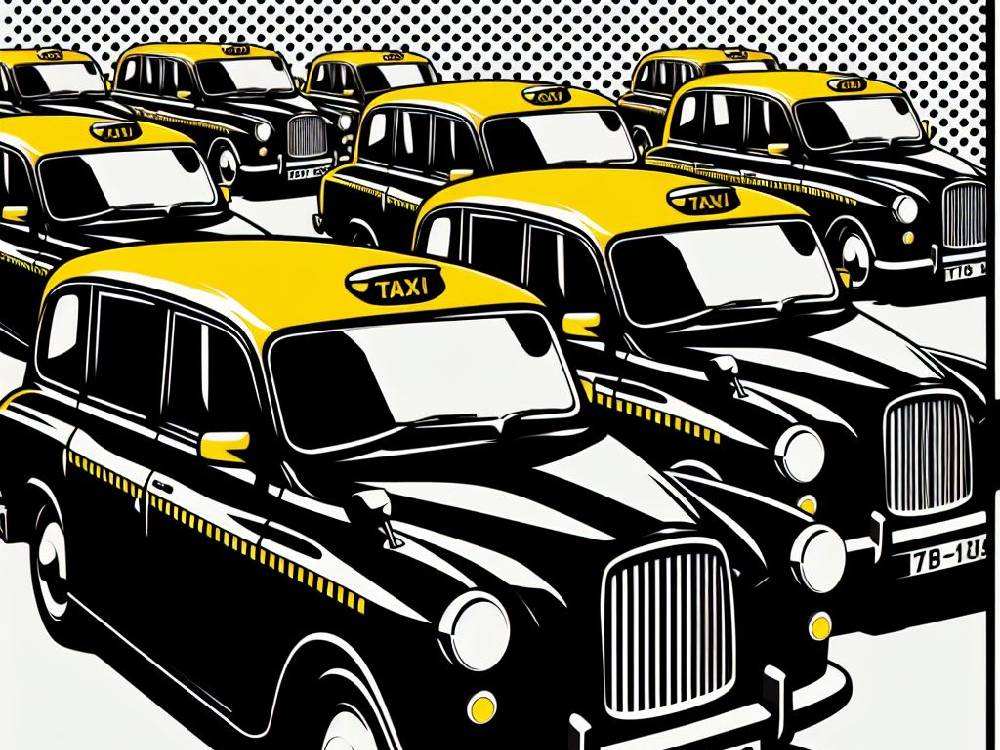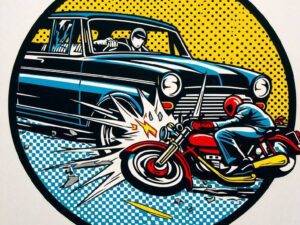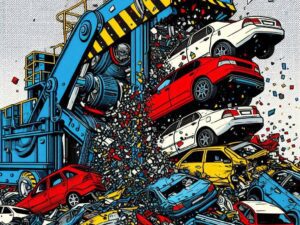Why Does A Black Cab Cost More?

Introduction
Ever wondered why taking a black cab often seems like a premium choice in the UK?
A Deep Dive into the Iconic Hackney Carriage
Let’s dive deep into the story behind those extra pounds.
In the very heart of the UK, the black cab emerges as a remarkable testament to both enduring reliability and traditional charm.
Moreover, these iconic vehicles, known formally as hackney carriages, serve as much more than mere means of transport; indeed, they weave themselves as an integral thread into the very fabric of British culture.
But here’s the thing:
Why do these cabs command a higher fare compared to other forms of transport?
This exploration not only sheds light on the intricate layers of history, stringent regulations, unparalleled driver expertise, and the concerted push towards technological integration that justifies the costs but also bridges the gap from the cobblestones of the past to the digital roads of today.
Consequently, we invite you to join us as we meticulously unfold the narrative behind every metered journey.
Black Cab History And Evolution
Did you know?
The lineage of the hackney carriage is as rich and intricate as the streets of London themselves.
Originating from the horse-drawn carriages of the 17th century, these early pioneers of public transport set the stage for what would become a motorised icon on the streets of London.
Transitioning from horsepower to engine power, the black cab has evolved into a hallmark of British resilience and regulatory excellence.
But there’s more to this story.
Black Cab Regulatory Standards And Costs
Navigating through the maze of regulations, black cabs stand out for their commitment to safety, accessibility, and environmental care.
Each vehicle is meticulously designed to accommodate every passenger, including those with mobility challenges.
And yes, this attention to detail has its price.
Coupled with rigorous emissions standards, these regulations ensure that black cabs not only meet but exceed the expectations for public transport.
But what does this mean for their operating costs?
The Black Cab Knowledge Test
Here’s an impressive fact:
Black cab drivers undergo one of the most challenging training regimens in the world, known as the Knowledge.
This isn’t just about memorising routes; it’s about mastering the city’s heartbeat, and ensuring passengers reach their destination efficiently.
This level of dedication and expertise is unparalleled, reflected in the premium service provided by each driver.
Technological Advancements
In the age of smartphones, black cabs have not been left behind.
The integration of digital hailing apps has revolutionised how passengers interact with this historic service.
But remember:
Technology comes with its costs, from development to deployment, adding another layer to the fare structure.
Operational Costs
Running a black cab is no small feat.
Vehicle maintenance, insurance, licensing—it all adds up, contributing to the overall expense of keeping these cabs roadworthy and safe.
Considering the bespoke nature of these vehicles, tailored to meet stringent standards, it’s no wonder the operational costs are higher.
Each section of this narrative is crafted to peel back the layers of complexity that contribute to the cost of a black cab fare.
By understanding the historical significance, regulatory rigor, driver expertise, technological integration, and operational expenses, we gain insight into the value behind the black cab experience.
Now we continue to explore the multifaceted world of the UK’s most iconic mode of transport, weaving through the streets and stories that make the black cab much more than just a ride.
Curious about more ways to navigate the UK’s roads?
Check out our insights on car insurance options and tips for young drivers.
Competition And Market Dynamics
But wait, there’s more to consider.
The arrival of ride-sharing apps has stirred the waters for traditional black cabs.
This digital competition has forced a reevaluation of fare structures and service offerings.
What’s fascinating, though, is how black cabs have maintained their niche amidst this rivalry.
Their unique selling proposition? Unmatched reliability and a deep-rooted sense of trust among passengers.
Environmental Initiatives
Here’s where it gets interesting.
London is on a mission to become a greener city, and black cabs are rolling with the change.
The push towards low-emission and electric vehicles marks a new chapter in the legacy of the hackney carriage.
These environmental efforts, while commendable, come with their own set of financial implications for operators.
Yet, they underscore a commitment to sustainability, aligning with broader societal values.
The Value Of A Black Cab Ride
Have you ever wondered what exactly renders a black cab ride worth those extra pennies?
Far beyond the mere journey from A to B, it encompasses the entire experience.
Firstly, there’s the assurance provided by a licensed, knowledgeable driver. Secondly, the ride is steeped in cultural iconography. Thirdly, and most importantly, are the unparalleled safety standards.
Hence, with every fare you pay, you’re not just paying for a service; you’re investing in a slice of British heritage.
Conclusion
In wrapping up, it’s clear that the story behind the cost of a black cab is layered with history, regulation, and innovation.
The higher fares aren’t just a price tag; they’re a testament to the quality, reliability, and cultural significance of this iconic service.
Interested in delving deeper into the world of transportation and insurance?
Explore further with these related reads:
Through this exploration, it’s evident that black cabs offer more than a mere means of transport—they embody a rich tapestry of London’s history, evolving yet steadfast in their commitment to excellence.
In paying that fare, passengers are not only securing a ride but also supporting a legacy that stands as a proud emblem of British culture and innovation.






